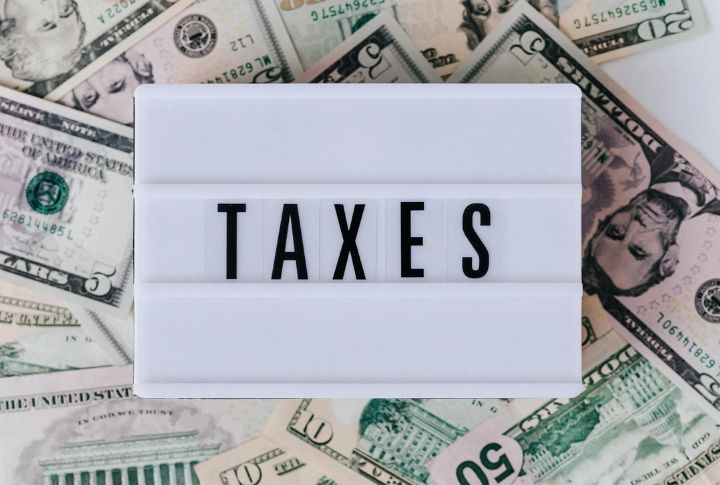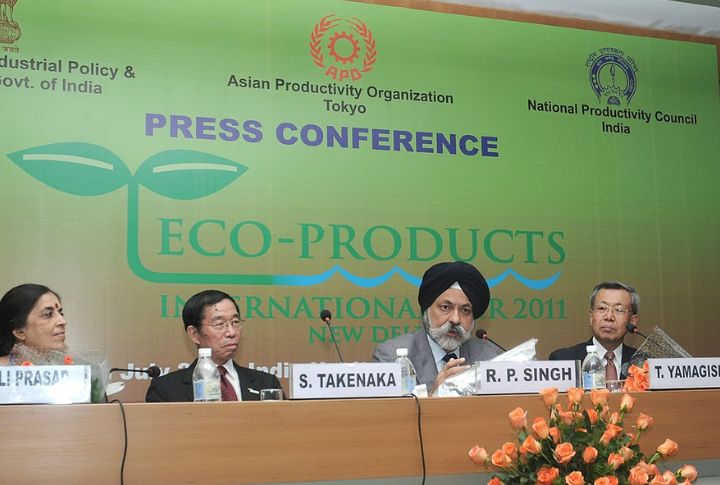
Laws often define the boundaries of acceptable behavior, yet they don’t always align with our moral compass. Some actions, while legally permissible, raise serious ethical concerns. Understanding these nuances is important for fostering a more ethically conscious society. Let’s examine these morally questionable practices.
Aggressive Accounting Practices

Numbers may look clean on a balance sheet, but reality tells a messier story. Some corporations use methods like premature revenue booking to inflate performance without breaking the law. Enron famously exploited such gaps. These tactics erode investor confidence and misrepresent corporate health despite being technically legitimate under U.S. GAAP.
Exploitative Labor Conditions Abroad

Manufacturing profits often come at the cost of worker safety overseas. In Bangladesh, for instance, garment laborers earn less than $100 a month. U.S. brands benefit legally through outsourcing. In markets like these, ethical companies struggle to compete against cheaper, less responsible business practices.
Predatory Lending Practices

Why do payday lenders cluster near low-income neighborhoods? Because it works—legally. APRs exceeding 400% are permitted in several states, taking advantage of those in urgent need. According to Pew Charitable Trusts, 12 million Americans use payday loans annually. With this, it’s obvious ethics take a backseat where legal loopholes are that profitable.
Targeted Advertising To Children

Cereal mascots are weapons of psychological manipulation. Children under eight struggle to distinguish ads from content, according to the American Psychological Association. Legally, these campaigns persist, but ethically, exploiting developing minds for profit in the U.S. and abroad (like Japan’s “anime bait” ads) raises deep concerns.
Tax Avoidance Through Offshore Accounts

The estimated annual cost of corporate tax avoidance worldwide is $600 billion. Shell companies in the Cayman Islands or Ireland (where it’s called “Double Irish”) help U.S. firms skirt taxes. Is that legal? Yes. Is it morally responsible? That’s harder to argue when local infrastructure relies on fair tax contributions.
Greenwashing In Marketing

A leaf icon doesn’t make a product environmentally sound. Companies exaggerate eco-friendliness using vague language like “sustainable-inspired.” In the U.K., this tactic is called “green sheen,” and regulators are tightening the rules. American companies, however, can legally market eco-claims without providing verified proof.
Data Mining Without Explicit Consent

A single app download can disclose years of your browsing and even sleeping patterns. Most users never read the terms. While GDPR in Europe restricts silent surveillance, U.S. companies often collect and monetize data legally. This makes privacy an illusion more than a guarantee.
Price Gouging During Emergencies

Emergencies can bring out price gouging. Some sellers hike prices on essentials during disasters, turning crisis into profit. Laws designed to prevent this behavior rarely hold up in practice. For most people, the reality is clear—charging desperate buyers inflated prices during hardship amounts to plain and simple exploitation.
Lobbying For Favorable Legislation

Politicians meet lobbyists far more often than constituents. In 2023 alone, U.S. lobby spending topped $4 billion, with pharmaceutical and tech industries dominating. Unlike bribery, lobbying is legal, although it functions as a means of buying influence. In Canada, stricter lobbying disclosure laws aim to reduce this imbalance.
Planned Obsolescence In Products

That phone screen didn’t just break by accident—it may have been designed to fail over time. In the U.S., making products wear out fast is legal. France fines companies for it. In America, this trick often hides behind the label of “new and improved.”
Manipulative Subscription Models

Who actually reads the fine print on free trials? Companies typically hide auto-renewal clauses and bury cancellation links. This legal maneuver turns forgetfulness into a revenue stream. In Norway, digital consumer laws limit such traps, yet U.S. firms continue capitalizing on inertia without crossing legal lines.
Exploiting Loopholes In Environmental Regulations

Just because it’s legal doesn’t mean it’s safe. Many power plants are dumping waste that meets old standards but still pollutes rivers and land. The EPA flagged over 10,000 outdated permits in 2021. If the law’s behind the times, who’s really looking out for the planet?
Discriminatory Algorithmic Decisions

Job applications may get filtered out based on a name or ZIP code. In Germany, companies must explain how their systems make decisions. In the U.S., hiring software uses biased algorithms with little oversight. Without strong regulations, fairness in the hiring process frequently gives way to faulty technology.
Excessive Executive Compensation

While thousands were laid off in 2022, some CEOs walked away with bonuses over $20 million. Japan keeps executive pay in check through cultural pressure. However, in the U.S., the law allows massive payouts—even when a company’s struggling. It’s legal, but many employees see it as unfair.
Selling User Data To Third Parties

You clicked “I Agree” once—now your health app data is floating through marketing channels. No U.S. law mandates full transparency on third-party resale. South Korea’s PIPA law would flag that. In America, monetizing consumer trust has become a sanctioned industry.
Misleading Health Claims In Advertising

Supplements in the U.S. can claim they are “clinically proven,” though this may rest on tiny, selective studies. The FDA only covers certain product types, giving marketers leeway. In contrast, Australia’s stricter ad codes keep such language off labels that cannot truly back it up.
Artificial Scarcity In Markets

China calls it “hunger marketing,” and it’s a strategy used worldwide, including in the U.S., where brands release just a few sneakers or game consoles at a time to stir up demand. Even though it’s all legal, the goal is to make people think something rare is more valuable than it is.
Strategic Bankruptcy Filings

Corporations can use Chapter 11 to freeze debts while protecting executive bonuses. Purdue Pharma’s 2019 filing—amid opioid lawsuits—is a prime example. Though legal, these filings often sidestep moral accountability. Contrast that with German insolvency law, which prioritizes worker compensation over executive rewards.
Patent Trolling

While New Zealand limits patent holders who produce nothing, the U.S. still lets them sue genuine inventors. These companies hold patents solely to profit, not to create. This practice slows innovation and makes life harder for those actually driving progress.
Excessive Surveillance In Workplaces

In Europe, strict privacy laws restrict how much surveillance employers can use. By contrast, U.S. companies have wide legal freedom to monitor employees through software and devices, often with minimal disclosure and few enforceable privacy protections.

